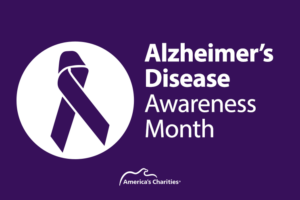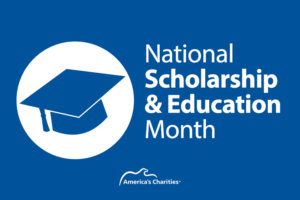Regine Webster | May 31, 2016
10 Ways to Improve Our Response to Humanitarian Crises
A special World Humanitarian Summit Report: “Pivot Point in Philanthropy’s Contribution to Addressing Humanitarian Crises”
My colleague Bill Patton and I recently authored a paper for the World Humanitarian Summit. The paper calls on the philanthropic community to take advantage of the opportunity offered by the World Humanitarian Summit (WHS) in Istanbul this month to make important changes in the way it contributes its share of the global response to humanitarian crises.
Our paper was written with support from the Conrad N. Hilton Foundation and commissioned by Rockefeller Philanthropy Advisors (RPA). As Heather Grady, RPA Vice President, and I were discussing the architecture for the paper, she encouraged us to craft bold recommendations for how philanthropy could effectively support global humanitarian crises – ones that went farther than previous best practice and recommendations papers.
Bold can mean audacious, shoot for the moon, sky is the limit thinking, but there are other ways to look at the concept of boldness. Through a different lens, bold can refer to finding the sweet spot of actionable, practical, life changing, and implementable. It is this lens that Bill and I took when articulating ten recommendations for philanthropists in thinking how to address current and looming humanitarian crises.
>> Continue Reading on Center for Disaster Philanthropy Website
Get Resources and Insights Straight To Your Inbox
Explore More Articles
Open Position: Customer Service Coordinator (Remote-Part Time)
Position Title: Customer Service Coordinator (Remote – Part Time) Department: Charitable Funds Management Solutions We are a non-profit charitable organization looking for skilled individuals who…
Read ArticleGet Resources and Insights Straight To Your Inbox
Receive our monthly/bi-monthly newsletter filled with information about causes, nonprofit impact, and topics important for corporate social responsibility and employee engagement professionals, including disaster response, workplace giving, matching gifts, employee assistance funds, volunteering, scholarship award program management, grantmaking, and other philanthropic initiatives.





